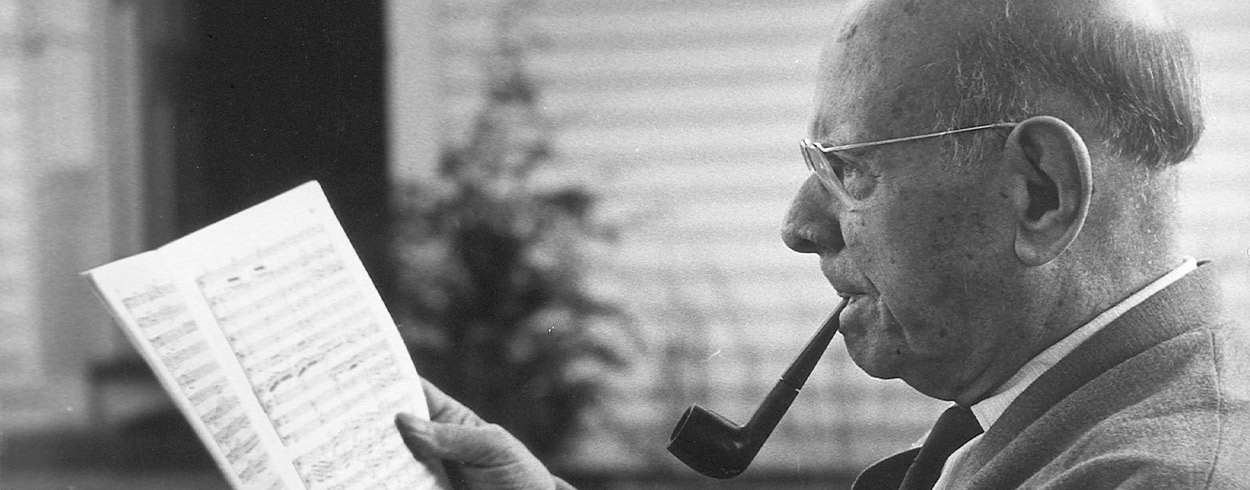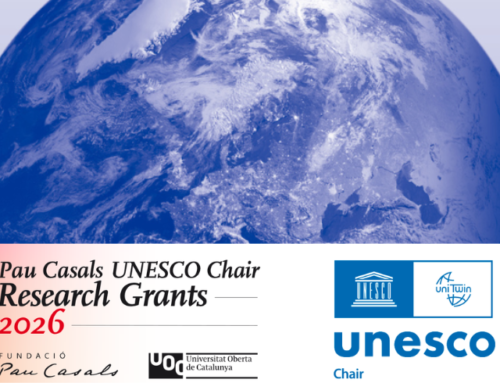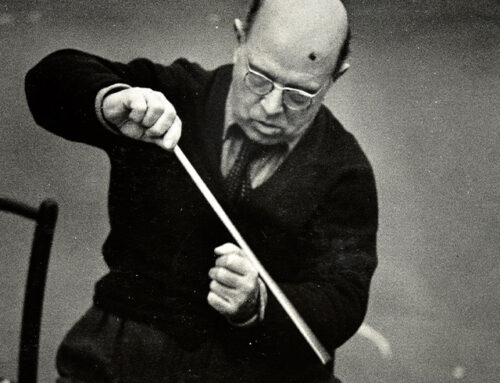
30/10/2025
Submission of the final works of the two 2024 research grants projects
The final works of the two research projects promoted by the UNESCO Pau Casals Chair, focused on the musical and humanistic legacy of the maestro, have been recently submitted. These studies offer an in-depth analysis of Casals’ life and artistic trajectory and consolidate his image as a reference figure both in the world of music and in the commitment to peace.
The submitted works are:
- “The musical aesthetics of Pau Casals. The philosophical influence of Henri Bergson on the musical conception of Pau Casals”, submitted by Magda Polo Pujadas.
This research deeply analyses how Pau Casals understood and experienced music, paying special attention to the influence of the philosopher Henri Bergson, one of the most relevant thinkers at the turn of the 19th to the 20th century. The study proposes a philosophical reading of the maestro’s musical practice, incorporating two complementary perspectives —phenomenological and hermeneutic— that help to explore Casals’ relationship with music: not only as a performer, but as a person who makes music a way of being and existing in the world.
Casals conceived music as a vital and spiritual experience, a way of inhabiting the world and connecting with what is essentially human. His aesthetics arise from the dialogue between tradition and modernity: on one hand, respecting the classical heritage and the value of the score; on the other, advocating the performer’s inner freedom, intuition, and expressiveness as forces that bring the work to life. Based on key concepts of Henri Bergson’s thought –such as intuition, duration, and vital force–, the study explores the convergence between philosophical legacies and the aesthetics implicit in the composition and musical interpretation of the Catalan cellist.
The study concludes that Pau Casals’ legacy does not lie solely in his recordings or technical contributions, but in a way of inhabiting music: with the body, the soul, and the fullness of the person. Casals makes music a total experience, where aesthetic, philosophical, and spiritual dimensions converge. He considered music a form of expression of the human soul, a communication of feelings and thoughts that could not be expressed through words or other artistic forms.
- “Nations in Harmony: The Roles and Functions of Music in United Nations Peacebuilding”, submitted by John Gledhill.
The research begins with a statement summarizing music’s transformative power: “…music is a universal language. Music unites us. Music is a symbol of peace.” These words, spoken in 2019 by the UN Secretary-General, António Guterres, embody thinking that underwrites a commitment among various agents and organizations within the United Nations system to incorporate music into activities and interventions aimed at achieving the organization’s main goal: maintaining global peace and security. This project documents and analyses those interventions.
The research is based on three key questions:
- Who, within the UN, uses music to support peacebuilding?
- What forms do musical activities take with this purpose?
- How do these activities contribute to consolidating positive peace?
To answer these questions, the author reviewed and analysed hundreds of documents and reports on musical initiatives for peace conducted over the last decades across the United Nations system. Once categorized, the study concludes with a call for impact evaluations to determine to what extent these activities achieve their goal of contributing to peace.
With these works, the UNESCO Pau Casals Chair strengthens its commitment to research on Pau Casals and his influence, both in the musical field and in human rights advocacy. At the same time, it will continue to promote new lines of research to disseminate his legacy.
In the coming months, these projects will be available in the Chair Papers Collection, accessible to anyone who wishes to learn more about Pau Casals’ legacy.




